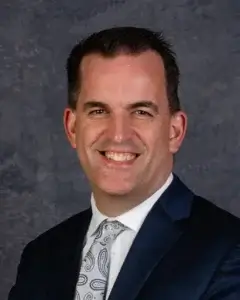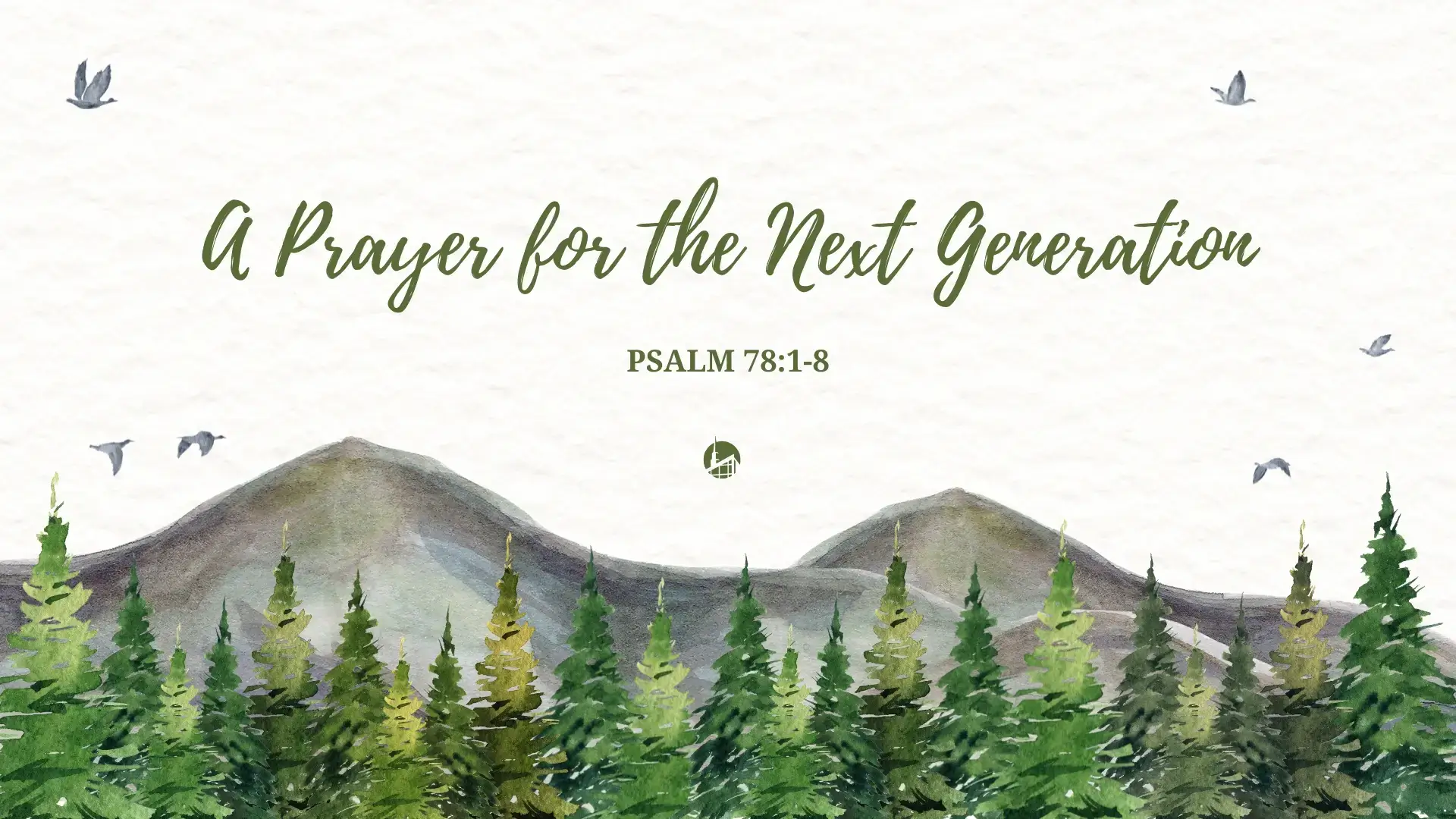Jesus asked over 300 questions during His earthly ministry, not because He lacked knowledge but because we do. His questions, sharp and purposeful, exposed the heart of the human condition. One such question, “Wilt thou be made whole?” recorded in John 5:6, wasn’t aimed at physical healing alone. It pierced deeper, challenging the will of a man who had lived in brokenness for 38 years. This miracle at the Pool of Bethesda offers more than a story of healing it invites every believer to confront their own paralysis and ask whether they are willing to be made whole.
The Condition: The Paralyzed Man in a Broken System (John 5:1-5)
John 5 opens with a scene of suffering. The pool at Bethesda is surrounded by the desperate (blind, lame, and paralyzed) each hoping for a miraculous moment when the water would stir and healing might come. Among them is a man who has been disabled for thirty-eight years. His condition is more than physical; it’s become his identity.
Jesus doesn’t simply see a man in need of healing, He sees someone who has become resigned to brokenness. This isn’t just a moment of hardship; it is the man’s normal. His hope is tied to a system that no longer serves him, one in which healing is conditional and competition is fierce. For many today, the pool may look different (religious routines, endless sermons, or spiritual busyness) but the result is often the same: stuck people waiting for something to change without ever responding to Jesus directly.
Being content in material things may be a virtue, but contentment with spiritual stagnation is dangerous. The longer we stay spiritually paralyzed, the more we believe that’s simply who we are and that change is out of reach.
The Confrontation: A Personal and Penetrating Question (John 5:6)
Jesus approaches the man not with a touch or a ritual, but with a question: “Wilt thou be made whole?” It’s a question of the will, not ability. Jesus isn’t interested in an explanation or a list of complaints, He is interested in whether the man truly desires change.
Instead of answering “yes,” the man offers an excuse: “I have no man.” He blames his condition on others’ absence, highlighting a spiritual truth many of us stay stuck because we shift responsibility. But healing begins when we stop pointing outward and start responding inwardly. Wholeness doesn’t come to the excusing heart, it comes to the surrendered one.
Jesus’ question cuts through the fog of resignation. Do you really want to be changed? Are you willing to let go of what’s become normal even if it’s dysfunction or spiritual deadness? Until we answer honestly, healing remains hypothetical.
The Command: Rise, Take Up, and Walk (John 5:8)
Jesus doesn’t wait for the man’s faith to catch up. He commands: “Rise, take up thy bed, and walk.” What once was impossible becomes the first step in obedience. With the command comes the power. Jesus never tells us to do something without also enabling us to do it.
The man’s healing didn’t begin in the water, it began with a choice to obey. And for us, obedience often starts before we fully understand the outcome. Taking up the bed was practical and symbolic. This man wouldn’t need it anymore. His life was moving forward.
Some believers stay spiritually stuck not because they lack knowledge, but because they delay obedience. Jesus says rise and that means leaving behind our excuses, our bitterness, and our spiritual complacency. Growth doesn’t begin with inspiration. It begins with action.
The Cure: Immediate, Transforming Grace (John 5:9)
The man didn’t need another dip in the pool. He needed Jesus. And when Jesus spoke, healing came immediately. No ceremony. No delay. Just grace that did what religion never could.
Wholeness is not something we earn. It’s a gift we receive when we surrender. But that doesn’t mean it comes without effort. The effort lies in our willingness to stop making excuses and start responding to grace.
Spiritual transformation happens when we stop waiting for a feeling and start acting on the truth. Grace is available now. Wholeness begins the moment we say yes to Jesus, not just as our Saviour, but as our Healer.
Conclusion
Many of us are saved, even seasoned in the faith but not whole. We carry wounds, sins, or attitudes that we’ve simply accepted as permanent. Jesus is still asking, “Will you be made whole?” And our answer matters.
Wholeness isn’t a reward for perfection; it’s a gift for the willing. It starts when we stop excusing our paralysis, stop blaming others, and start trusting the One who commands the impossible.
You don’t need to wait for the next revival meeting or spiritual mountaintop to be healed. You can rise today. You can walk today. Jesus has already made the way. Will you say yes?












